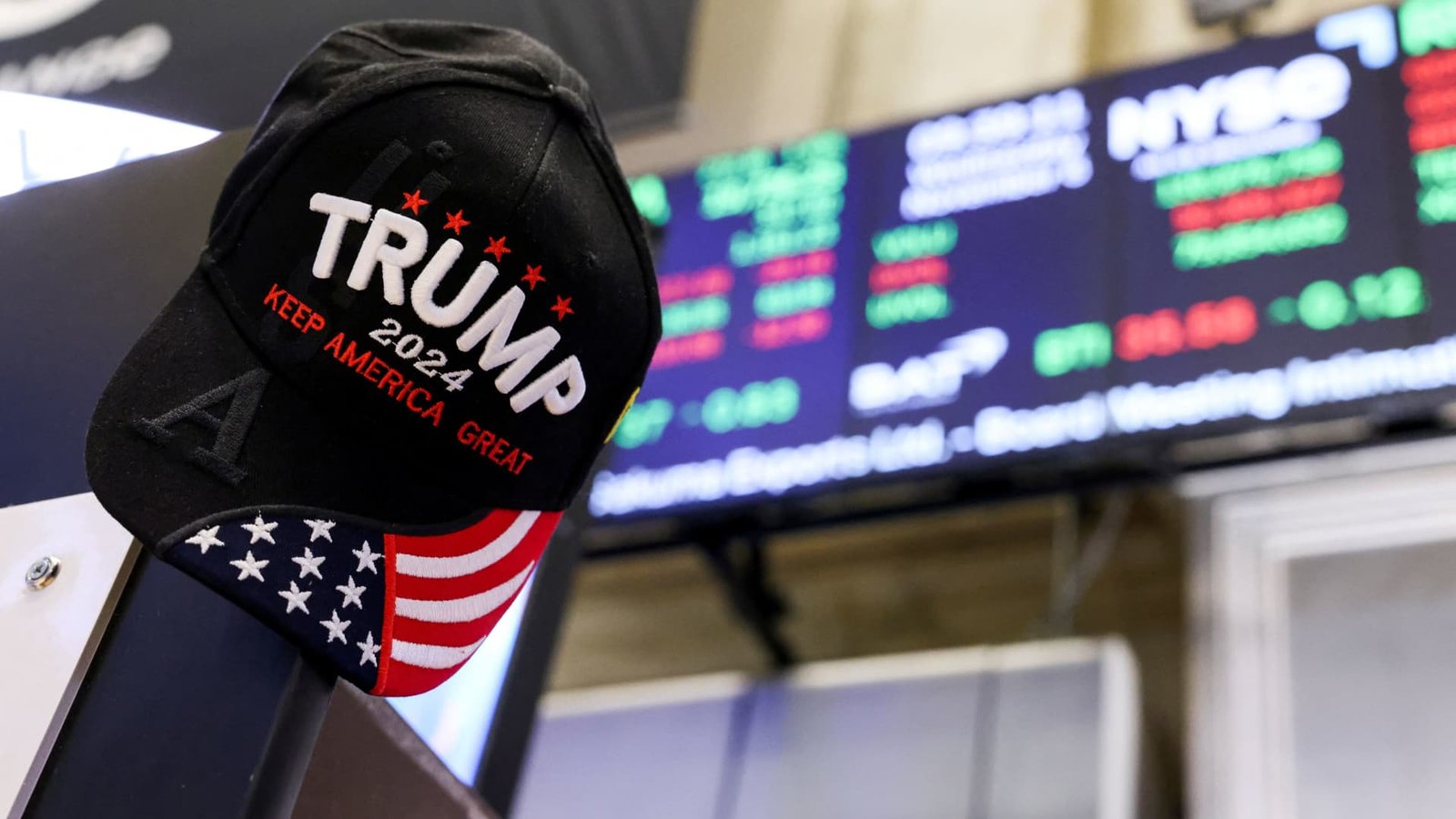As Inauguration Day approaches, investors are analyzing the potential impacts of President-elect Donald Trump’s policies on various sectors. Trump’s campaign promises and his selections for key federal agency positions present both risks and opportunities for different investment sectors. The Republican control of Congress may provide Trump with more flexibility to implement his agenda, although the specifics and timing remain uncertain.
Market experts emphasize the current high level of uncertainty regarding the future investment landscape. Past market trends demonstrate the challenges of predicting sector performance under a new administration. For instance, sectors that were expected to benefit or suffer based on a president’s policies have sometimes experienced the opposite effect.
Trump’s policy stances could influence sectors such as autos, banks, building materials, cryptocurrency, energy, healthcare, retail, and technology. For example, the auto sector faces mixed prospects due to potential policy changes affecting electric vehicles and trade conflicts. Similarly, the banking sector may benefit from lighter financial regulations under Trump’s administration, potentially boosting profitability and stock prices.
The housing market’s outlook is influenced by factors like mortgage rates, deregulation, and policy changes. Changes in interest rates and inflation could impact consumer behavior and, consequently, the housing and retail sectors. Trump’s stance on public land use and tax incentives for homebuyers may affect real estate-related stocks positively if implemented effectively.
Trump’s approach to energy production and regulations could impact the sector’s performance. While the energy sector saw gains under President Biden, Trump’s focus on traditional energy sources may alter the sector’s trajectory. The potential repeal of certain laws could affect clean energy incentives and oil prices, influencing energy companies’ prospects.
In the healthcare sector, Trump’s nominations and policy proposals could have significant implications. Concerns about vaccine skepticism, Medicaid cuts, and changes to the Affordable Care Act may affect healthcare companies and medical tech providers. Regulatory changes and policy shifts could create uncertainty for investors in the healthcare industry.
Tax cuts and tariffs under Trump’s administration may impact consumer discretionary income and retail sectors. Retailers may face challenges due to potential tariff increases on imported goods, affecting pricing and consumer demand. Deregulation could benefit certain retailers and franchises, particularly those sensitive to compliance costs.
The technology sector’s performance is influenced by factors like antitrust issues, tariffs, and valuations. Trump’s influence on antitrust matters and trade policies could affect tech companies’ operations and profitability. Despite strong performance, technology valuations are a concern for some investors, signaling potential challenges in future returns.
Overall, the investment landscape under Trump’s administration remains uncertain, with various sectors facing risks and opportunities based on policy changes and market dynamics. Investors are advised to closely monitor developments and consider diversification strategies to navigate potential market shifts effectively.




